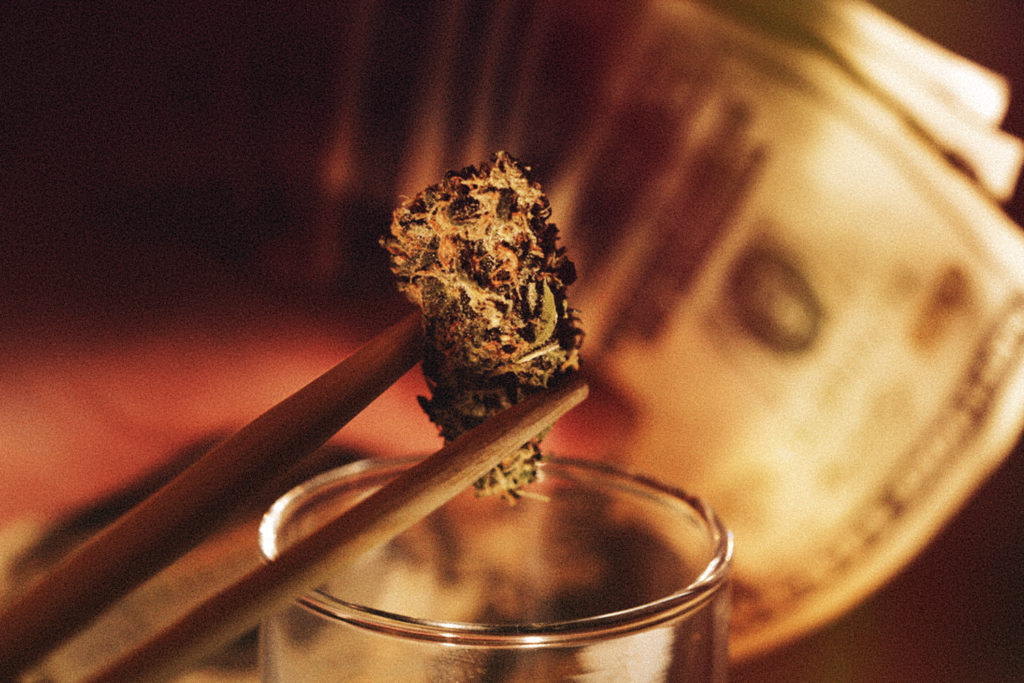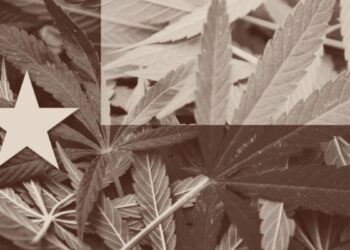
The next hurdle we’re coming up against as a nation with many states passing legal marijuana is the regulation phase. It varies from region to region, and is all around a confusing mess to wrap your head around.
The first difficulty is the disparity between legal marijuana and legal consumption of marijuana.
An article in the Boston Globe tackles this problem for Massachusetts.
In the state, it’s illegal to smoke marijuana in public, yet with the growing number of pot shops popping in crowded areas, alleyway smoking and subsequent fines are all but inevitable.
So State Senator Julian Cyr is trying to combat this problem by introducing a bill that would allow “social consumption” venues. Basically, cannabis lounges.
“I pretty much know that at some point this summer, the Provincetown police chief is going to call me and say, ‘This is an issue,’” Cyr tells the Boston Globe. “What we’re trying to do here is anticipate what we know could be a problem, and I think social consumption [venues] will do a much better job of addressing nuisance issues and promoting public health than the police giving people $100 tickets.”
This kind of venue is also in the works or available in other states, including California, Alaska, Colorado, and Nevada.
New Jersey has also had its fair share of complications on the road to legalizing pot. After months of problem after problem popping its head out before a bill could be signed, a couple weeks ago, marijuana was finally legalized in the state.
A new and probably temporary issue is the question of whether marijuana users can be fired from their job due to their smoking habits.
According to law, they are a protected class, but Asbury Park Press has an article detailing the uncertainty as to when this becomes operative.
From Asbury Park Press:
“As written, the employment provisions in the marijuana laws ‘take effect immediately’ but ‘do not become operative’ until the Cannabis Regulatory Commission sets forthcoming rules and regulations, a process that could take months.”
There’s also disagreement in the state as to how much sway a drug test should hold, despite it no longer being grounds for termination. It becomes more difficult to discern if someone is high on the job as opposed to having smoked on their off time. Along with a drug test, an officer from the Drug Recognition Experts must come in to determine the workers level of intoxication.
But according to APP, the timing of their stepping in and the kind of test they use are all up to question.
These are all complications that will eventually find answers, but for many states, it’s only the beginning of the new cultural acceptance of marijuana, with many more areas having to face a need for public areas of consumption and an end to workplace discrimination.
Read the source stories at Boston Globe and Asbury Park Press.











